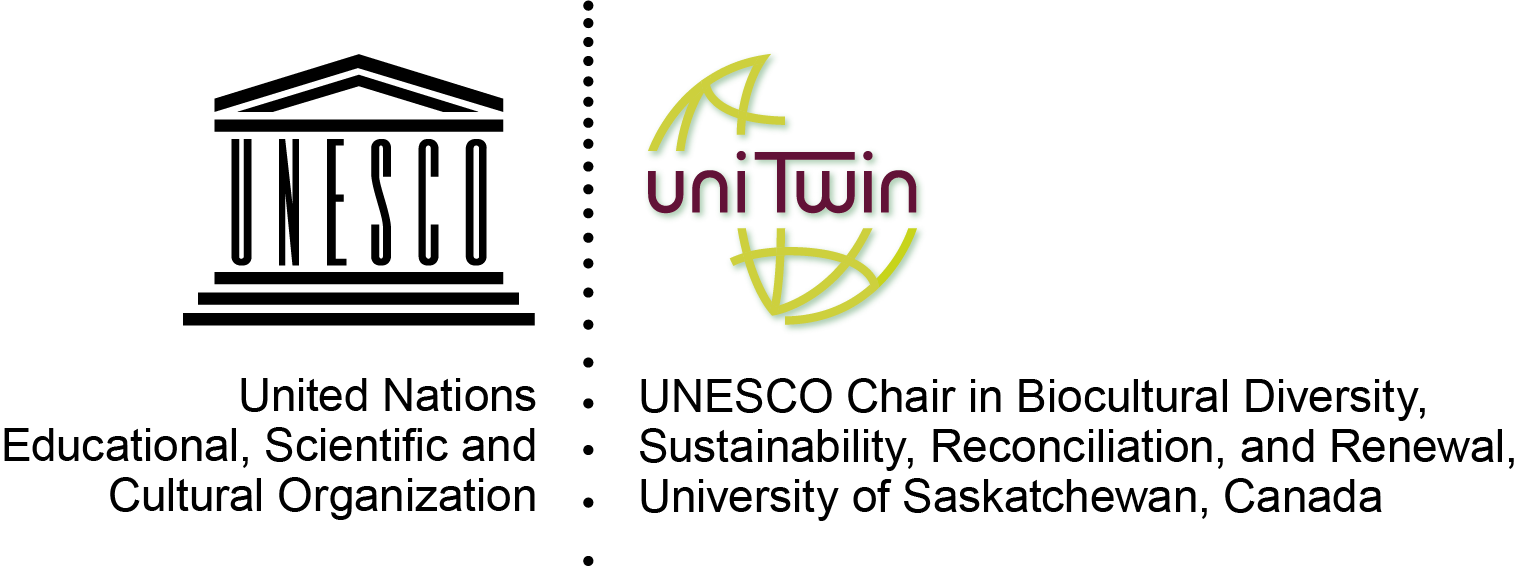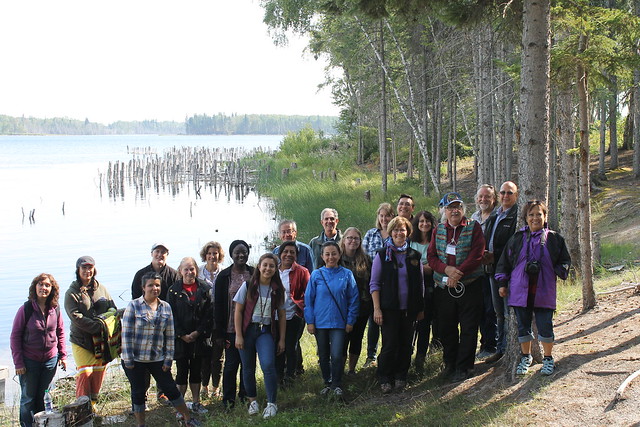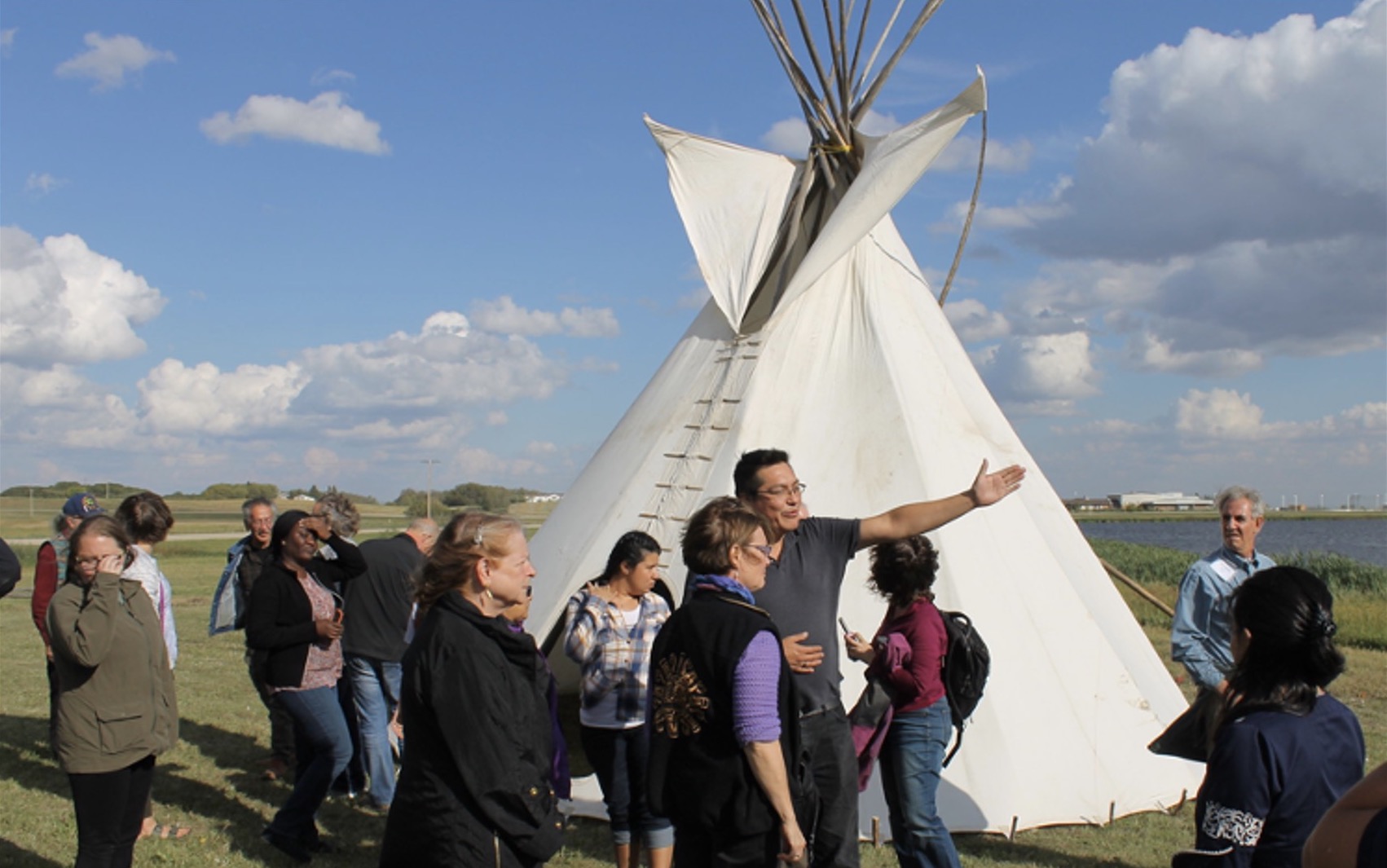About the Chair

Through collaboration and common action, the co-chairs and partners are developing programs of knowledge co-creation and exchange that explicitly support biocultural diversity and sustainable development. These progams create avenues for reconciliation and the renewal of respectful and responsible relationships between Indigenous and non-Indigenous peoples and institutions.
Our aims and objectives

- Document and address the opportunities and challenges related to biocultural diversity, sustainability, and gender equality;
- Demonstrate innovations in sustainability adaptations, practices, and governance founded on knowledge co-production “that draws on the full range of scientific, traditional and Indigenous knowledge in a trans-disciplinary way” (UNESCO MAB Strategy 2015-2025); and
- Enhance mutual understanding and relations among partners and between elders and youth through knowledge co-production, sharing, learning, and education.
Recent research

Guiding Principles for Transdisciplinary Sustainability Research and Practice (2023) has recently been released as an open-access article in People and Nature.Authors include Maureen G. Reed, James P. Robson, Mariana Campos Rivera, Franciso Chapela, Iain Davidson-Hunt, Peter Friedrichsen, Eleanor Haine, Anthony Blair Dreaver Johnston, Gabriela Lichtenstein, Laura Lynes, Majing Oloko, Michelle Sánchez Luja, Sheona Shackleton, Marlene Soriano, Fermin Sosa Peréz, and Liette Vasseur. This article was featured in the Higher Ed Top Ten, which links to a story in Nature highlighting the importance of restructuring the approach to Global North-Global South research collaborations.

